First wave of £900 million Future Leaders Fellowships announced
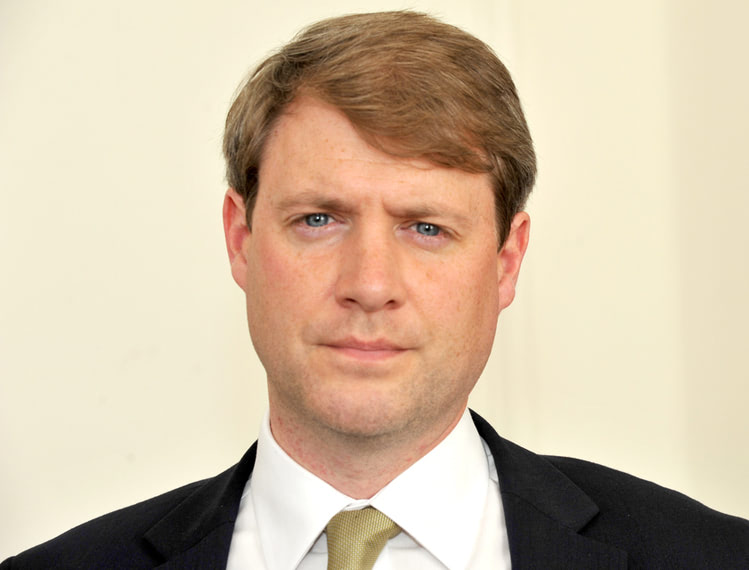
Next generation of prize-winning researchers receive government investment as Science Minister announces first wave of Future Leaders Fellowships, helping researchers and innovators become world-leaders in their fields.
The brightest researchers and innovators at universities across the country are to become the best in their fields, thanks to government investment to be announced today (7 May).
In a speech in London, Science Minister Chris Skidmore will confirm the first wave of Future Leaders Fellowships – 41 early career researchers at universities from Edinburgh to Bristol and from Belfast to London, who will each benefit from a share of £40 million towards cutting edge research addressing fundamental global issues, including tackling climate change and revolutionising travel across cities.
The scheme, supported by a total £900 million government investment over 3 years, invites people throughout the world with academic or business backgrounds, to apply for the prestigious Future Leaders Fellowship, which offers support to work closely with business to take their discoveries from the laboratory to the commercial market.
Supporting the Industrial Strategy’s Grand Challenges, the new Fellows and their projects include:
- Anahid Basiri to create accurate 3D maps of cities that could help emergency services reach scenes quicker, help drones to deliver accurately without causing damage and support local authority planning
- Fiona Watt to look into how clinicians can predict the development of osteoarthritis in patients who have had a knee joint injury and are at greater risk of developing the condition. Osteoarthritis currently affects 8.5 million people in the UK, with no drug treatments that prevent or slow it
- Marc Aurel Busche to research the relationship between molecular processes in the brain that often leads to Alzheimer’s, and make this data available to researchers and industry partners that are responsible for finding treatments for Alzheimer’s patients
- James Lea to use cloud computing to monitor changes of all glaciers in the Arctic and Antarctic for the first time, and then use machine learning to analyse the data. This will provide key understanding of future rates of sea level change and iceberg risks affecting polar shipping routes
- Helen Frances Dodd to research how children’s adventurous play can lower levels of anxiety in young people. By looking to address reasons why children are not playing adventurously, the quality of life for children could be improved and avoid future mental health issues
The fellows’ ground-breaking work also forms a key part of maintaining the UK’s status at the forefront of cutting-edge research and innovation long into the future. The UK is already a research superpower, producing 6% of the world’s total research publications and 15% of the world’s most highly cited articles.
Science and Innovation Minister Chris Skidmore said:
From Sir Tim Berners-Lee’s creation of the World Wide Web, to Rosalind Franklin whose work was critical in understanding DNA, we have a rich history of talented individuals who have paved the way for ground-breaking research and discoveries in their fields.
Our investment in these Future Leaders Fellows will enable the brightest and best of our scientists and researchers to work with leading lights in industry, to help their research move from the laboratory to the commercial market.
This support to the next generation of scientists and researchers is a key part of our modern Industrial Strategy, and our commitment to raise R&D spend to 2.4% of GDP by 2027 will maintain the UK’s position as a world-leader in science and innovation and building on our historic legacy.
Over the next 3 years, the Future Leaders Programme will support 550 academics with an investment of £900 million in their research.
UK Research and Innovation Chief Executive Mark Walport said:
The Future Leaders Fellowships offer long-term support for the most talented researchers and innovators. Fellows will be encouraged to be adventurous in tackling tough and important research questions and opportunities for innovation.
The Fellowships offer opportunities to move across disciplinary boundaries and between academia and industry. These Fellowships will enable us to grow the strong supply of talented individuals needed to ensure that UK research and innovation continues to be world leading.
The 41 Fellowships are:
- Lucy Barnes, University College London
- Katie McQuaid, University of Leeds
- Hatef Sadeghi, Lancaster University
- David Schaich, University of Liverpool
- Eamonn Reading, King’s College London
- Marta Andres Miguel, University College London
- Constance Smith, The University of Manchester
- Paul Donaldson, STFC – Laboratories
- Sarah Lewthwaite, University of Southampton
- Sanjeev Kumar, University College London
- Michelle Percharde, MRC London Institute of Medical Sciences
- Reinhard J Maurer, University of Warwick
- Alkistis Pourtsidou, Queen Mary University of London
- Sarah Marks, Birkbeck College
- Esther Breithoff, Birkbeck College
- Hong Liu, University of Warwick
- Adam Perriman, University of Bristol
- Eva Vilella Figueras, University of Liverpool
- Fiona Watt, University of Oxford
- Kirsty Le Doare, St George’s University of London
- Conor Fitzpatrick, The University of Manchester
- Alexander Valavanis, University of Leeds
- Lauren Gregoire, University of Leeds
- Marc Aurel Busche, University College London
- Ke Li, University of Exeter
- Rod Mitchell, University of Edinburgh
- John Simeon Biggins, University of Cambridge
- Mathilde Jauzac, Durham University
- James Lea, University of Liverpool
- Filipa Cox, The University of Manchester
- Fay Bound Alberti, University of York
- Amanda Gail Jarvis, University of Edinburgh
- Natalie Shenker, Imperial College London
- Hien Ngo, Queen’s University of Belfast
- Helen Frances Dodd, University of Reading
- Anahid Basiri, University College London
- Ruth Keogh, London Sch of Hygiene and Trop Medicine
- Sarah Lloyd-Fox, University of Cambridge
- Benjamin Lichman, University of York
- Anna Lisa Varri, University of Edinburgh
- Baojun Wang, University of Edinburgh
Industrial Strategy
The Industrial Strategy sets out a long term plan to boost the productivity and earning power of people throughout the UK. It sets out how we are building a Britain fit for the future – how we will help businesses create better, higher-paying jobs in every part of the UK with investment in skills, industries and infrastructure.
UK Research and Innovation
UKRI is a new body which works in partnership with universities, research organisations, businesses, charities, and government to create the best possible environment for research and innovation to flourish.
We aim to maximise the contribution of each of our component parts, working individually and collectively. We work with our many partners to benefit everyone through knowledge, talent and ideas.
Operating across the whole of the UK with a combined budget of more than £7 billion, UK Research and Innovation brings together:
- the Arts and Humanities Research Council
- Biotechnology and Biological Sciences Research Council
- Engineering and Physical Sciences Research Council
- Economic and Social Research Council
- Innovate UK
- Medical Research Council
- Natural Environment Research Council
- Research England
- Science and Technology Facilities Council

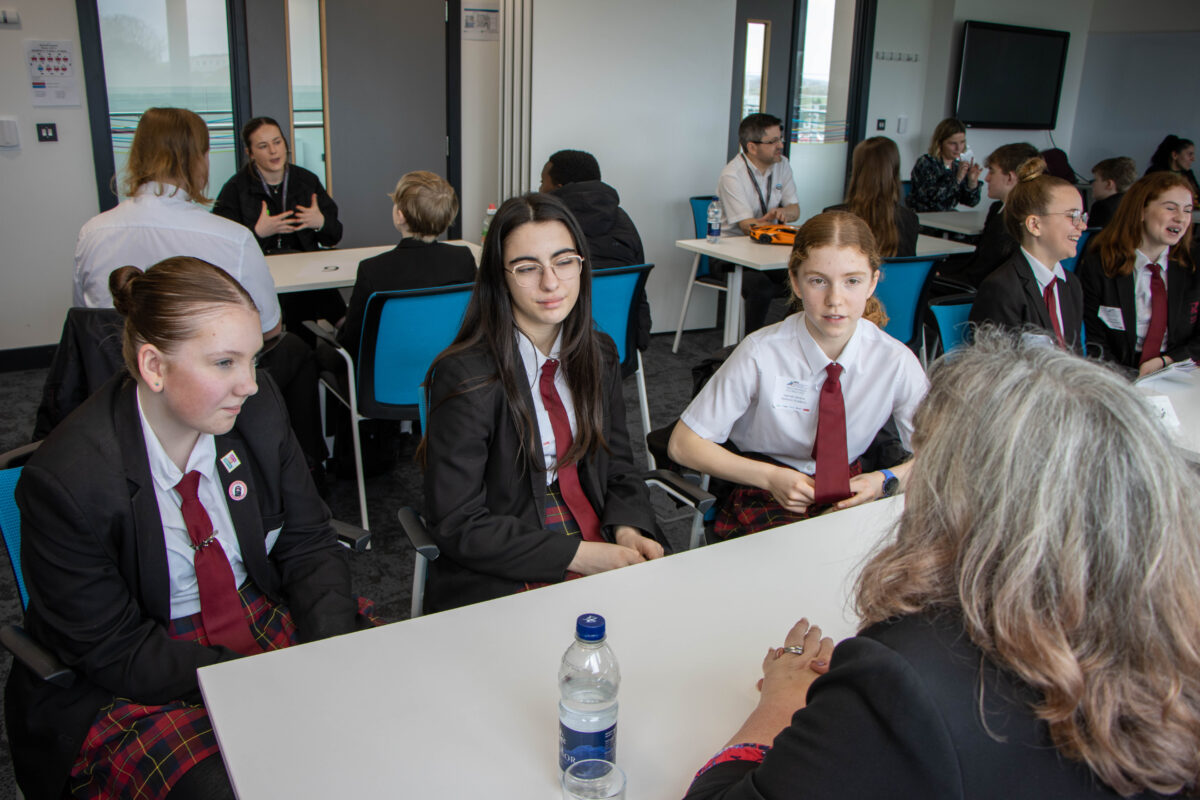
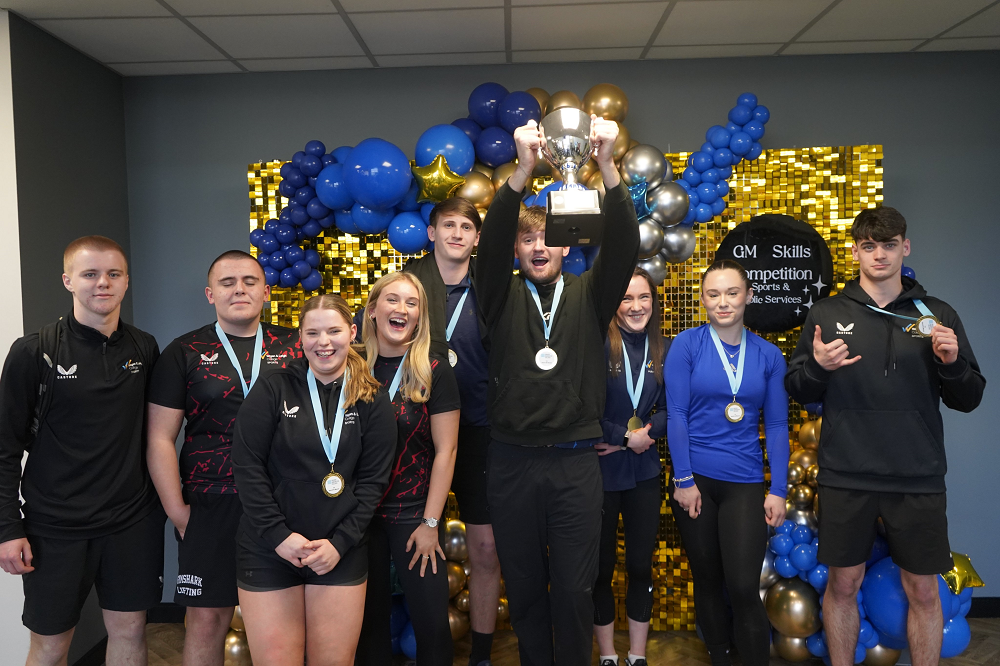
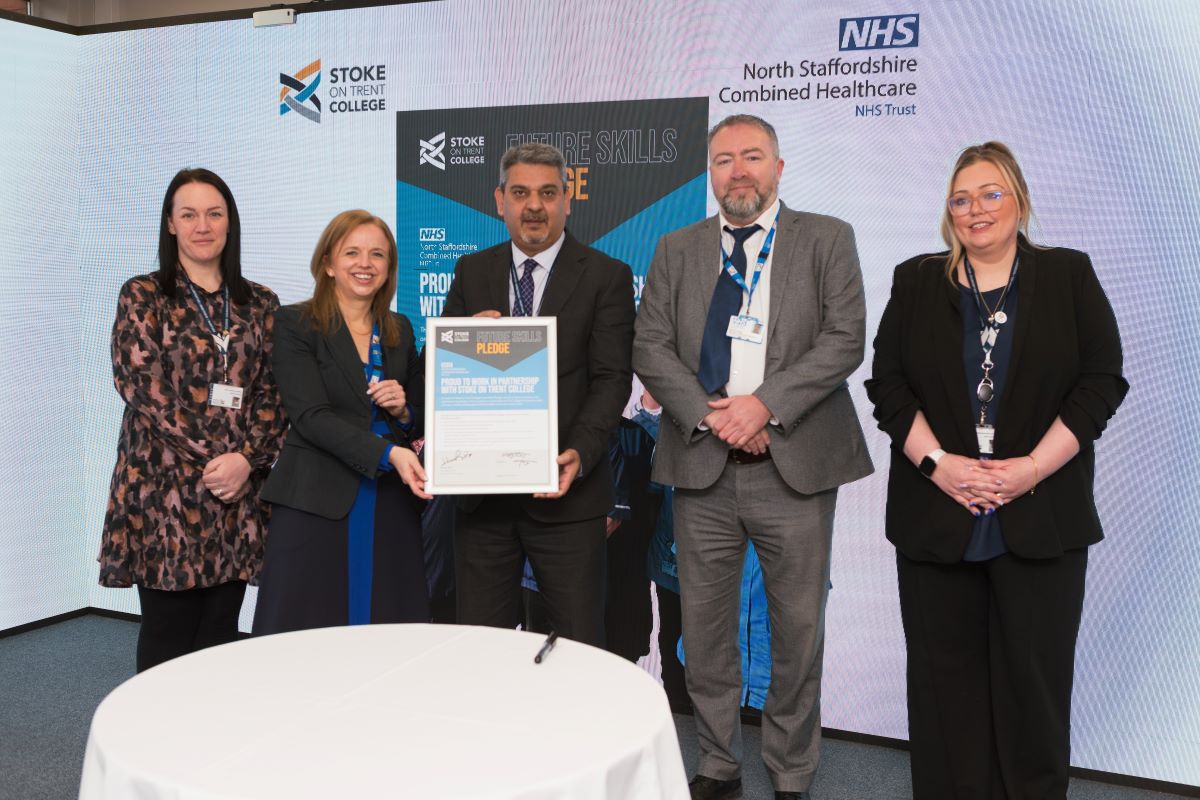






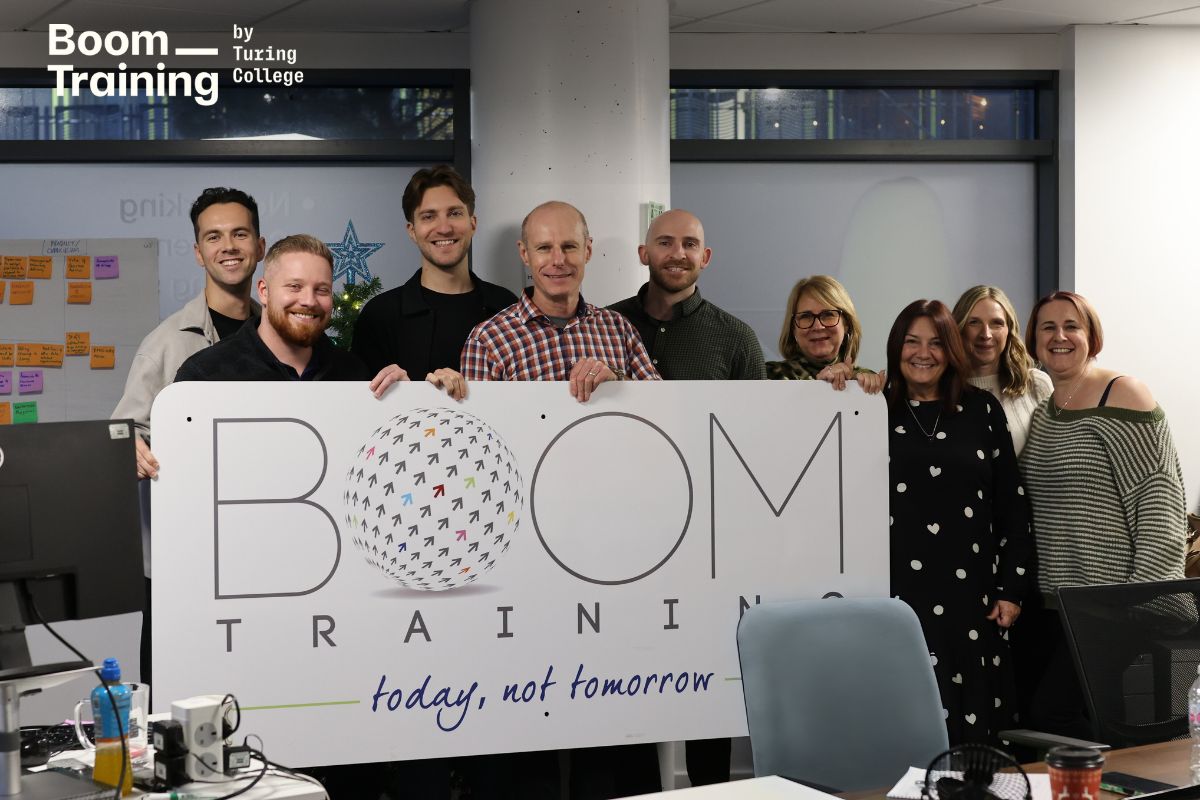
Responses